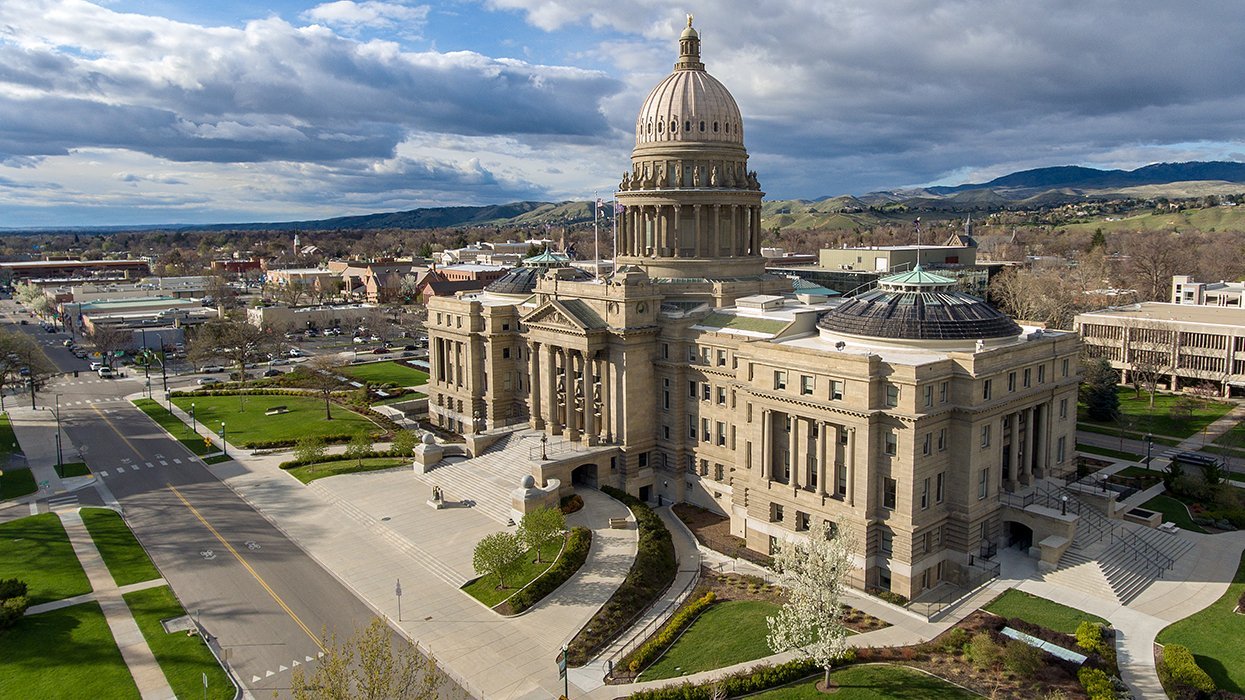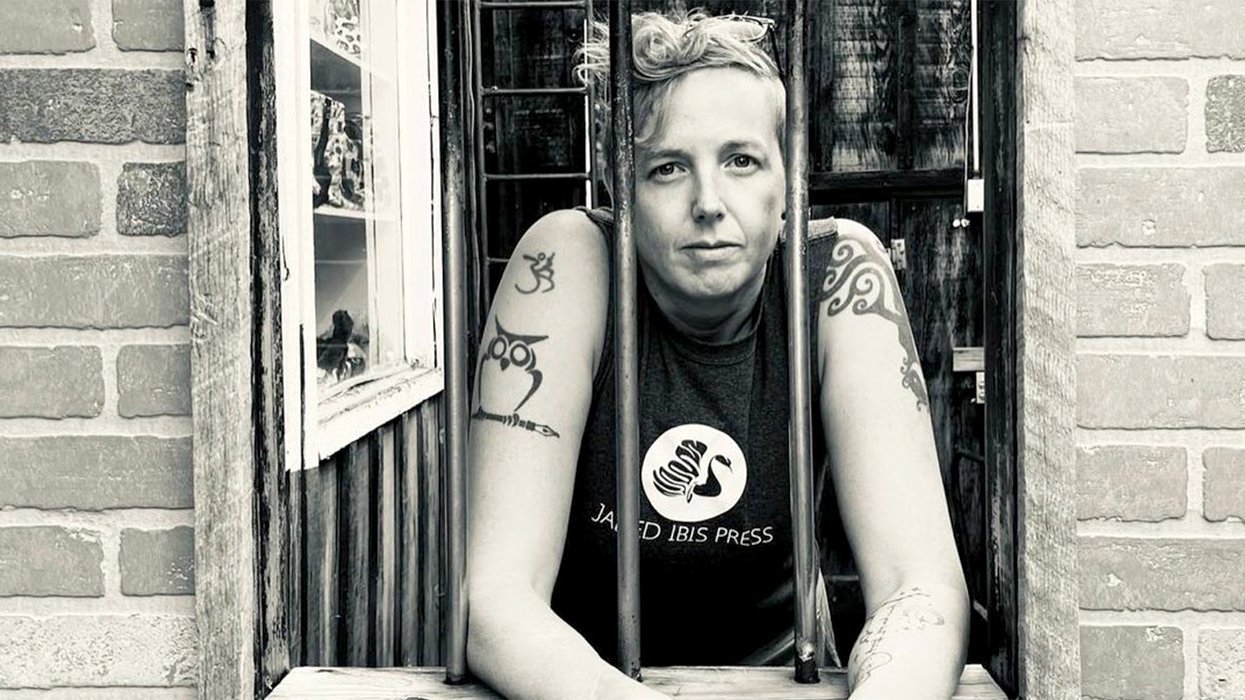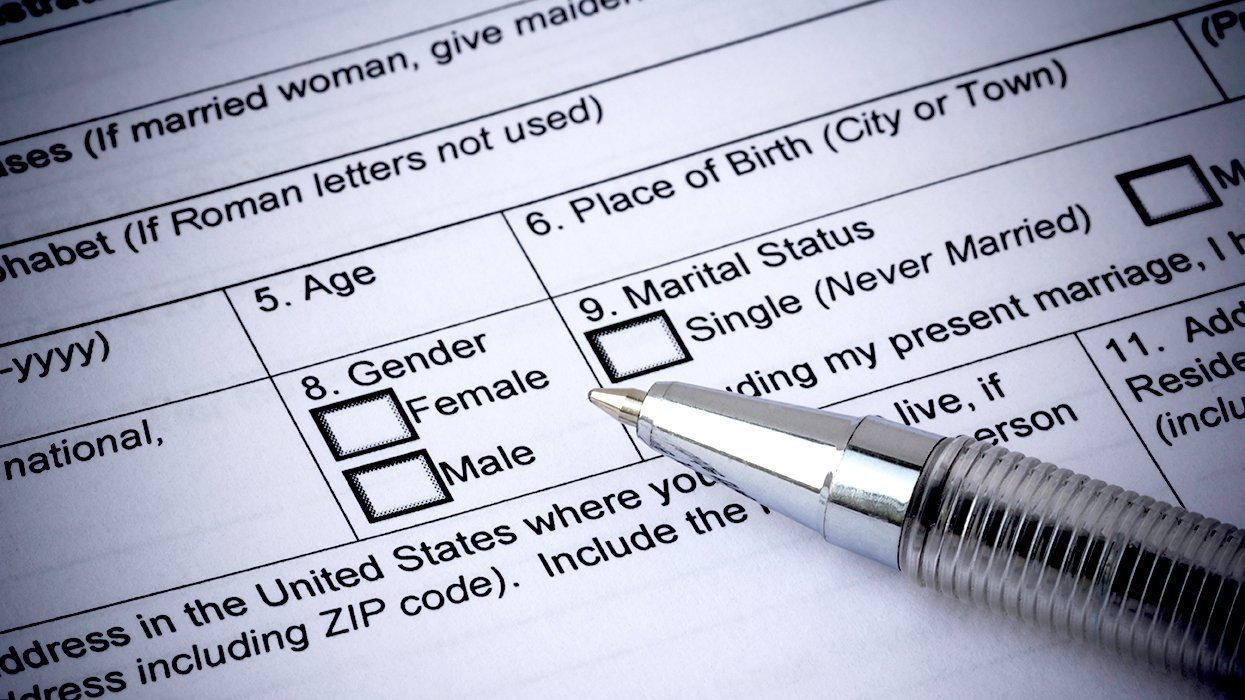Mexico City's
assembly voted to legally recognize gay civil unions, a
measure that would provide gay couples with social benefits
like those of married heterosexuals for the first time
in the country's history. Mexico City Mayor Alejandro
Encinas Rodriguez has spoken in favor of the bill
approved Thursday and was expected to sign it into law. A
conservative group said it was considering seeking a
court injunction against the measure.
The bill would grant gay couples inheritance and
spousal rights and allow them to register their unions
with civil authorities. Heterosexual couples can also
be registered under the new law.
Same-sex marriage is still prohibited under
Mexico City civil law. Mexico City, the capital of
Mexico with a population of 8.7 million, is a federal
district similar to Washington, D.C., with its own
legislature. It is governed by the left-leaning
Democratic Revolution Party, or PRD, which has been
promoting the measure for several years at the behest of
gay activists.
''This law ... does not require anyone else to
change their thinking, nor does it hurt the concept of
the nuclear family,'' PRD legislator Juan Bustos said.
The legislature approved the measure 43-17, with five
abstentions, with all opposition from the conservative
National Action Party of President Vicente Fox and
President-elect Felipe Calderon.
The Mexican Bishops' Council has said that a
civil unions law would be the first step on the road
to legalizing same-sex marriages and adoptions by
gays, while the conservative National Parents Union has
characterized it as ''aberrant.'' About 90% of
Mexicans are at least nominally Roman Catholic.
Legislators in the northern Mexican state of
Coahuila introduced a similar bill this week. PAN
lawmaker Paula Adriana Soto said a Mexico City civil
union law would simply ''conceal a marriage between people
of the same sex.''
As the assembly debate took place, members of
the opposing sides rallied outside the legislative
building, hurling insults at each other. Jorge
Serrano, of the National Pro-Life Committee, said his group
would consider filing for an injunction in the next
several days to prevent the law from going into effect.
''This is really something sad for our country,
and it is a direct attempt against the family because
it constitutes the legalization of homosexuality, and
obviously it is going to lead to an increase in this
social wrong,'' Serrano told The Associated Press.
Tito Vasconcelos, one of Mexico City's leading
gay activists, disagreed. Vasconcelos said the law
represents ''Mexico's entrance into the first world of
democracy, along with other countries that recognize this
type of union.''
If the law is enacted, Mexico will join the
ranks of the Argentine capital of Buenos Aires, and
the Brazilian state of Rio Grande do Sul, which have
approved civil unions. Federal lawmakers in Costa Rica and
Colombia have debated similar measures.
Canada and the state of Massachusetts allow
same-sex marriage. Vermont and Connecticut have
legalized civil unions that give same-sex couples
benefits and responsibilities similar to marriage. Last
month, New Jersey's highest court ordered the
Legislature to allow either marriage or civil unions
for same-sex couples.
Amendments to ban same-sex marriage passed
Tuesday in Colorado, Idaho, South Carolina, South
Dakota, Tennessee, Virginia, and Wisconsin. Only
Arizona defeated such an amendment.
A parliamentary committee approved proposals for
same-sex marriages in South Africa on Thursday,
clearing the way for the passage of legislation that
would be unique on a deeply conservative continent. Five
years ago, Portugal extended some legal benefits, such
as the right to file joint tax returns, to people who
live together, including gays. The concessions fell
far short of the entitlements of marriage.
In Europe, Belgium, the Netherlands, and Spain
have legalized same-sex marriage. (E. Eduardo
Castillo, AP)



















































































